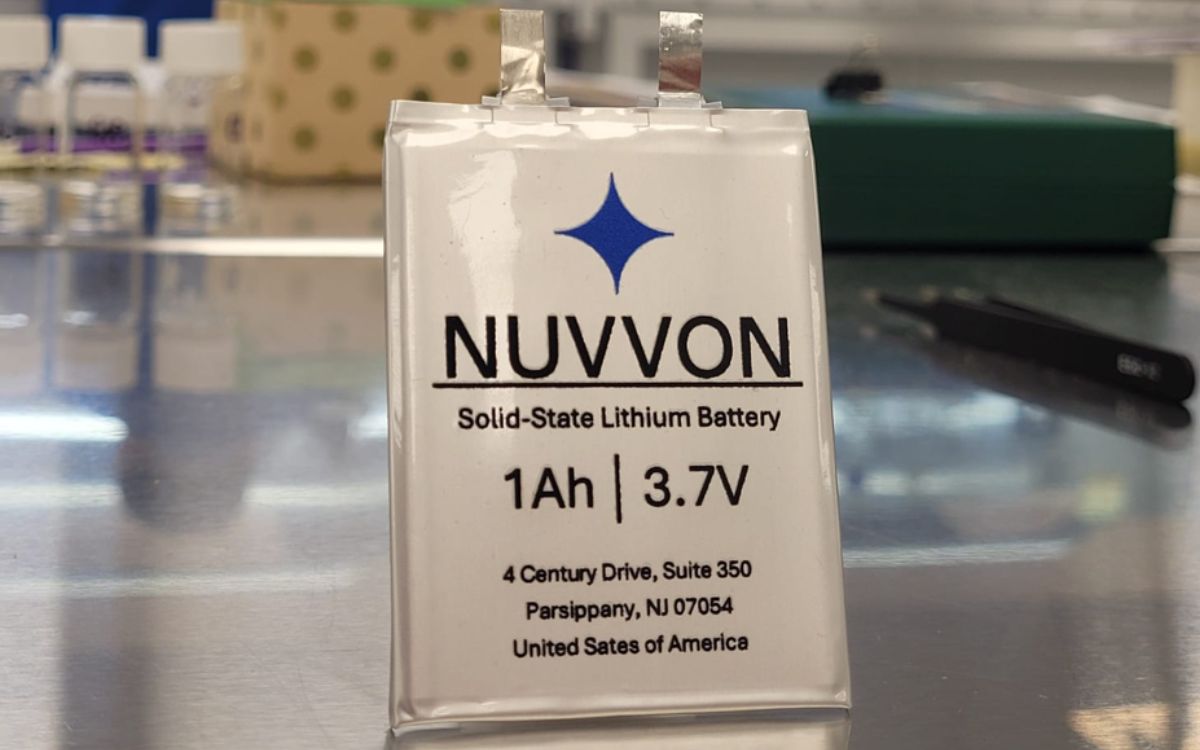Insurers are facing having to write off new electric vehicles (EVs) after minor accidents as they cannot access battery management system (BMS) data to help determine the state of the batteries.
EVs still constitute a small fraction of vehicles on the road, making industry-wide data hard to come by, but Reuters reports that the trend of low-mileage zero-emission cars being written off with minor damage is growing.
As EV sales grow, more low-mileage cars will be scrapped after collisions, insurers and industry experts said.
Tesla’s decision to make battery packs part of the car’s body has allowed it to cut production costs but risks pushing those costs back to consumers and insurers, it said.
Unless Tesla and other carmakers produce more easily repairable battery packs and provide third-party access to battery cell data, already-high insurance premiums will keep rising.
Prof. Paul Christensen of Newcastle University told BBB that car makers are not willing to give up data contained in BMS covering topics like charging, charging temperatures, errors and error messages. “That’s intellectual property, and battery manufacturers and car manufacturers are not going to be willing to give that up,” he said.
Regulatory bodies like the EU have “sidestepped this critical issue” by not enforcing it, he said. Insurers, car hire and leasing companies, and and car repair workshops are already fighting with carmakers in the EU over access to lucrative BMS data, he said.
Christoph Lauterwasser, managing director of the Allianz Centre for Technology, a research institute owned by insurer Allianz, told Reuters that access to EV battery data is part of that fight.
Allianz has seen scratched battery packs where the cells inside are believed to be undamaged, but without diagnostic data it has had to write off those vehicles.












